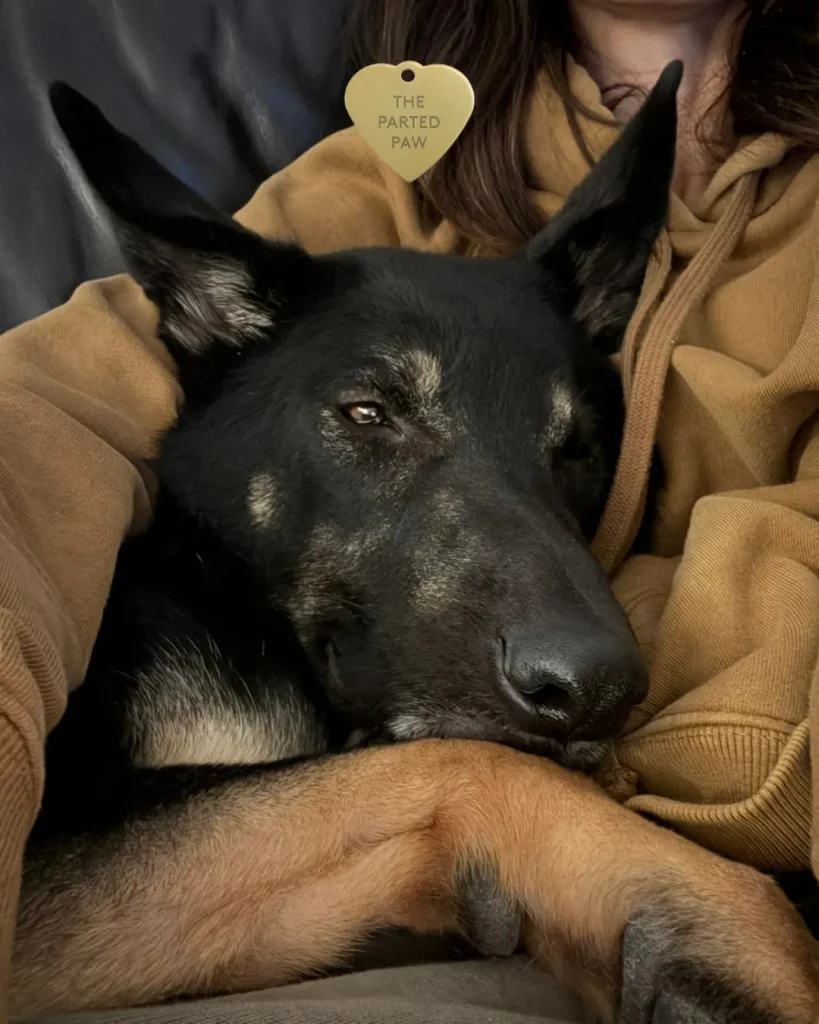In honour of Senior Pet Awareness Month, The Parted Paw and Furble have come together to help you support your pet as they enter their later years. Below are 10 +1 questions to guide you in helping your senior pet thrive, practically, emotionally, and thoughtfully.
-
Have you considered your pet's comfort at home?
Senior pets often benefit from small environmental adjustments. Softer bedding, easier access to food and water, ramps or steps for furniture, and safe spaces to rest can make a big difference in their daily comfort.
-
How do you keep your pet active and engaged?
Age doesn't define energy. Many senior pets remain playful and curious. Consider puzzle toys, food-dispensing games, and gentle play to keep their minds and bodies active without overexertion.
-
Are their health checkups up to date?
Regular veterinary visits become increasingly important as pets age. Monitoring weight, mobility, and overall health (including liver and kidney function), helps catch treatable conditions early and keeps your senior pet feeling their best.
-
Have you adjusted their diet to match their needs?
Senior pets have different nutritional requirements to protect their health and combat slower metabolism and activity levels. Moderating portions and offering age-appropriate food helps to keep them at their best.
-
Are you supporting their grooming and oral care?
Older pets may have more difficulty grooming themselves. Brushing, nail care, and dental attention can help maintain comfort and prevent common age-related issues.
-
Do you know what symptoms to watch for?
Not all changes are just “normal aging.” Trouble with stairs, difficulty getting up, changes in appetite, or mobility issues can indicate treatable health concerns. Early attention helps your pet stay happy and comfortable.
-
If you are away, are your pet's caregivers prepared?
Make sure anyone caring for your pet in your absence knows their routines, veterinary contacts, and any special considerations. For legal and medical purposes, include alternate contacts and decision-makers in your pet's medical record. Always notify your veterinarian if you are leaving town.
-
Who is part of your pet's care team?
Beyond your veterinarian, trusted groomers, sitters, or family members can help support your senior pet. A team approach ensures continuity of care and shared knowledge, making life easier and happier for your pet.
-
Have you thought about enriching your pet's daily life?
Mental stimulation, gentle exercise, new toys, and treats tailored to their abilities all help senior pets stay happy and engaged.
-
Have you created a bucket list of joyful activities?
Capture moments that bring your pet joy: favorite walks, toys, treats, or outings. These memories celebrate your pet's life and create lasting joy.
Bonus Question: How will you celebrate your pet's golden years?
Think about ways to make every day special. Extra cuddles, fun activities adapted to their abilities, or gentle adventures all help your pet thrive while strengthening your bond.

